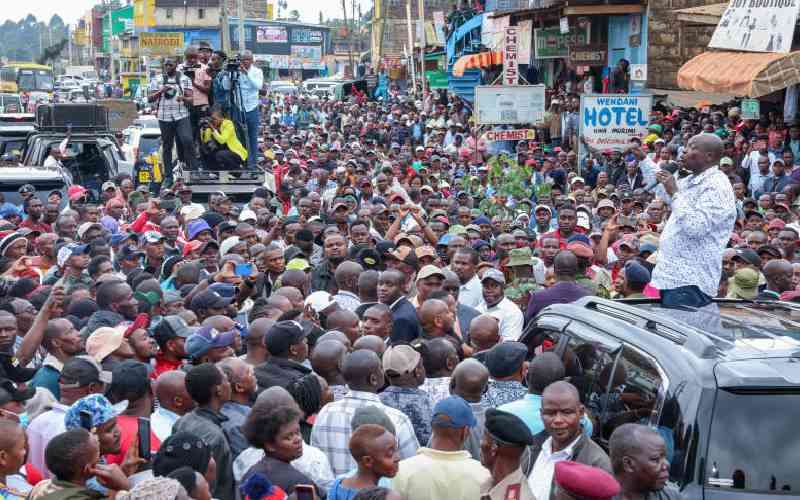×
The Standard e-Paper
Home To Bold Columnists

Nothing beats the cheek of chief architects and proponents of Luhya unity, among others, taking offence at Deputy President Rigathi Gachagua's call for the unity of the Mt Kenya region. Suddenly, Gachagua has become a tribalist and they, patriots.
The reality is that from Njuri Ncheke, Miji Kenda, Myoot to the Luhya, Somalia, Teso and Luo councils of elders, and others in between, we all practice tribalism. This has never been a problem.